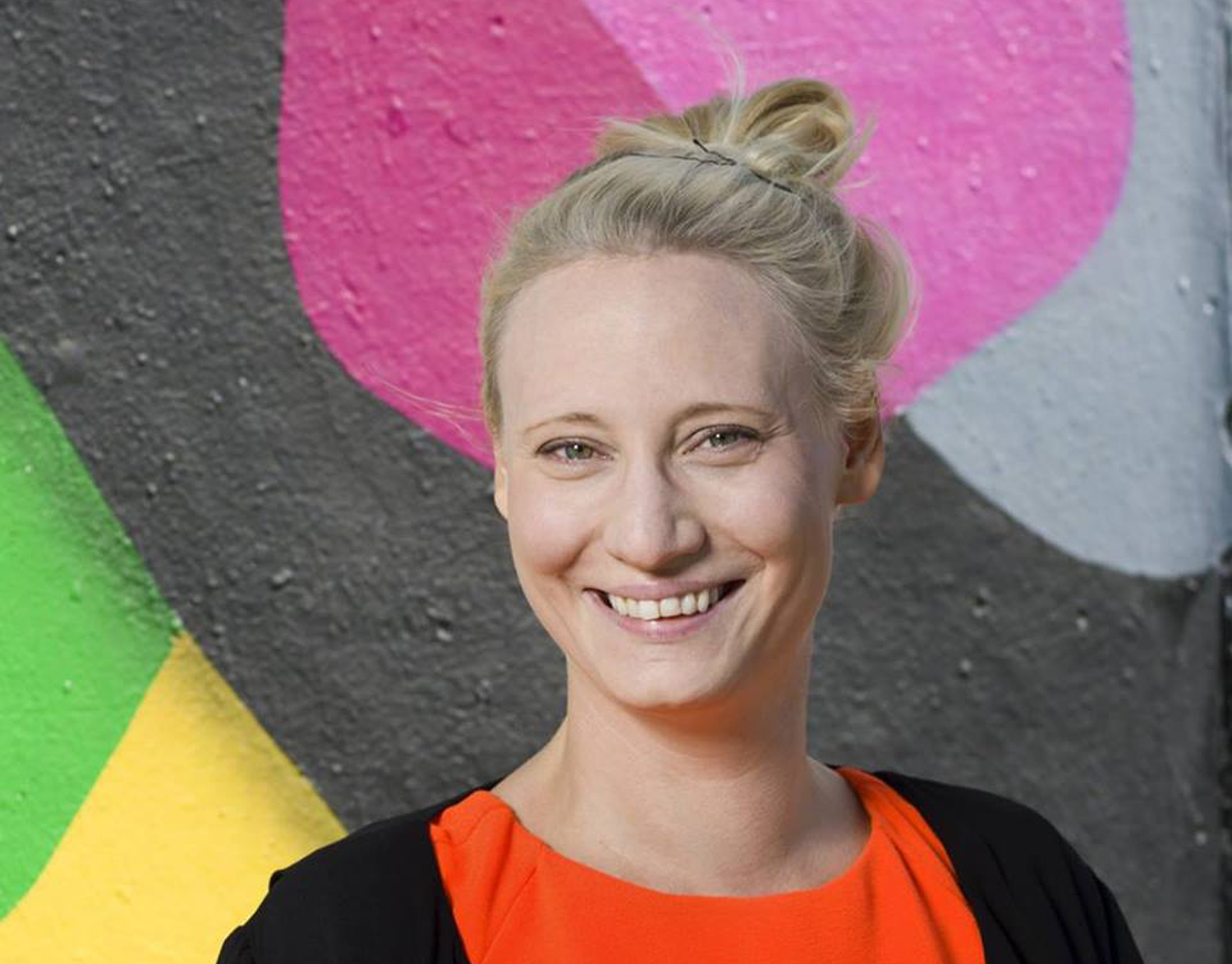 Hanna-Liisa Kangas was supposed to become an environmental chemist until a doctor forbade her from setting foot in a laboratory. After many twists and turns, Kangas did wind up in an influential position, working with the issues dear to her heart.
Hanna-Liisa Kangas was supposed to become an environmental chemist until a doctor forbade her from setting foot in a laboratory. After many twists and turns, Kangas did wind up in an influential position, working with the issues dear to her heart.
“I started studying chemistry at the University of Helsinki because I thought I could use it to save the world. Then I became allergic to the reagents used at the lab, and my doctor told me never to set foot in a laboratory again. He said it would be too dangerous for me,” says Hanna-Liisa Kangas.
Kangas still wanted to study an environmental field, and started to look for interesting disciplines which did not require laboratory work. This meant ecology, forestry sciences and biology had to be dismissed outright.
“Then I discovered environmental economics. And so, through a series of strange coincidences, I wound up studying environmental economics at the Department of Economics and Management,” Kangas explains.
AN ACCIDENTAL CHOICE LED TO A DISSERTATION
Kangas sees her introduction to the world of environmental economics as a happy coincidence.
“I’ve really come to like this field. Professor Markku Ollikainen in particular was an immense help to me when I was looking for a job, working on my Bachelor’s or trying to find a Master’s thesis topic,” Kangas says.
She wanted to complete her University studies as quickly as possible.
“I was 24 when I enrolled, and for some reason I thought I was incredibly old. I wanted to get through the undergraduate stage as quickly as possible and get started with my doctoral studies,” Kangas recounts.
Her career has been research-focused.
“I wrote my thesis for a project at the University, which took a year. After that, I went to work at the Finnish Forest Research Institute, where I participated in a climate project focusing on renewable bioenergy and forest carbon for about five years. I started working on my dissertation for the University of Helsinki around the same time,” Kangas explains.
BECOMING A TOP PROFESSIONAL
Without her dissertation, Kangas would have been unlikely to land her current job.
“I’m interested in climate politics and policies that promote renewable energy, and I want to become a top professional in these topics. This has also made it possible for me to work as an expert in this field,” says Kangas.
After her dissertation, Kangas worked as a climate coordinator at WWF Finland.
“I was in charge of the climate and energy work WWF does in Finland. I had an extensive range of duties, but most of them had to do with political involvement and lobbying, meeting with decision-makers. We were also running a campaign which sought to involve consumers and companies in climate-friendly action and politics,” Kangas explains.
At the moment, Kangas is working at Finnish Environment Institute as a Senior Research Scientist. Her jobs have given Kangas the opportunity to work for a better world.
“It’s rewarding to be working with such a big environmental challenges. I’m not working to increase a company’s profit margin, I’m working to ensure a better life for coming generations. This means there’s a pretty intense motivation,” Kangas says.
UNUSUAL DEGREES ARE A TRUMP CARD ON THE JOB MARKET
Her studies have played a major role in Kangas’s professional success.
“Thanks to my education I can speak the language they use in the corporate world and in politics. I can speak to both politicians and companies. We have only lately started to understand the full breadth of the significance the economy has in environmental problems, particularly in climate and energy issues. These issues are often based on the fundamental points and theories of environmental economics, and understanding them makes it possible for me to keep pace with global developments,” Kangas muses.
She would have wanted to include more communications and interaction skills in her degree.
“Communications skills aren’t really emphasised at the University, which is a shame. They are a huge part of the world of work, and something we need every day, whether we’re in a meeting, doing interviews, or writing letters to the editor or media releases. During my studies, I took every communications course I could find, but they were focused on the academic world, and most graduates will not go on to work as researchers,” Kangas points out.
She also wishes there would have been more emphasis on teamwork skills.
“In their current form, studies at the University largely consist of working and studying independently. However, at work, I hardly ever do anything alone. It’s always a group, so group work skills are important. We should know how to share successes and failures with others,” Kangas says.
GO WITH WHAT INTERESTS YOU
Kangas wants to encourage students to choose exactly the kinds of courses they are interested in.
“Don’t think about what will boost your career or which subjects you should take for that. Turn that thinking around and think about what interests you, no matter how far apart the different topics may be. For me, a combination of chemistry and environmental economics was a good one. It’s these unexpected combinations of subjects that make degrees a little unusual, which means they can help you stand out on the job market,” Kangas states.
Orginally published Master’s Programme ENVIRONMENTAL AND RESOURCE ECONOMICS WEBSITE
